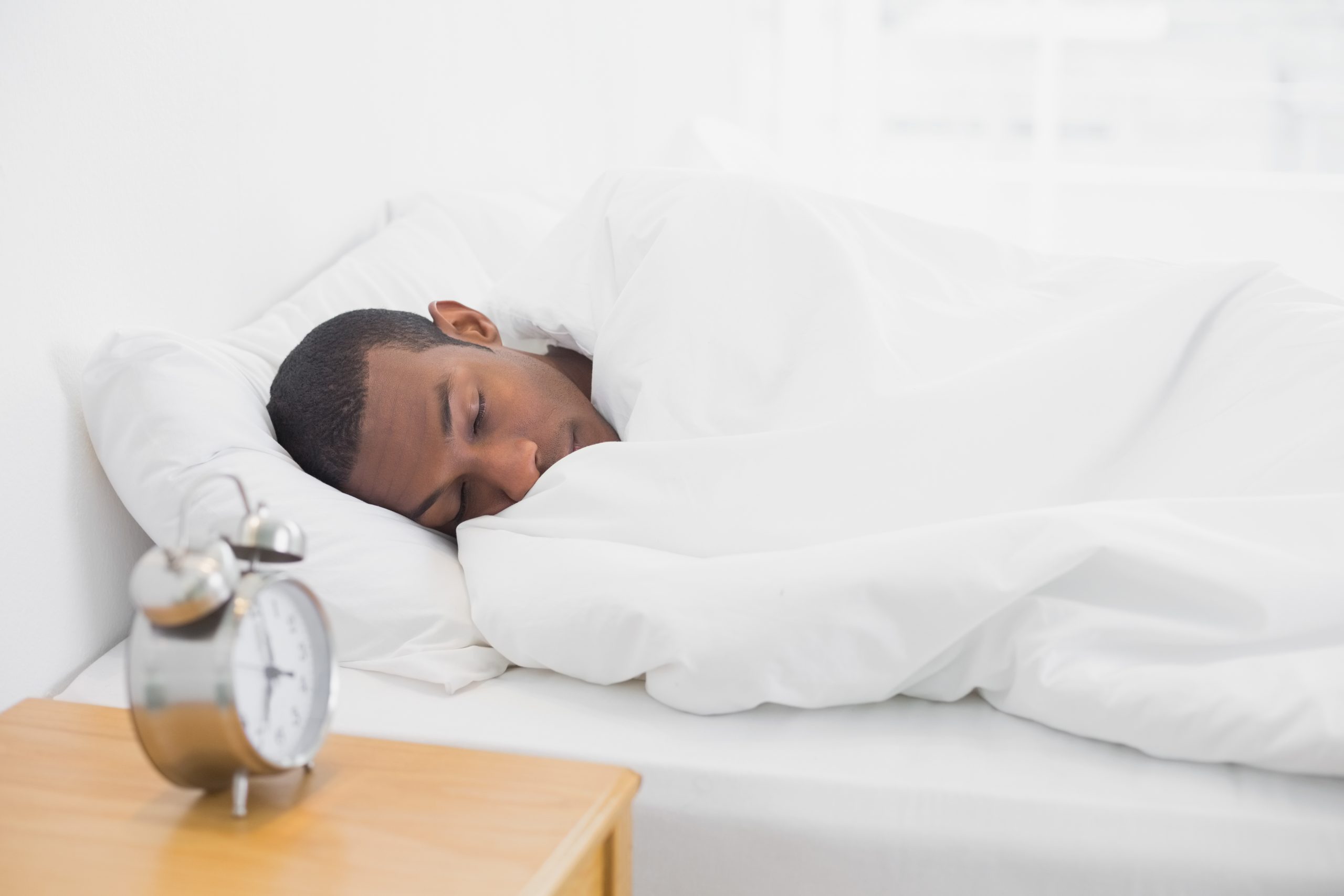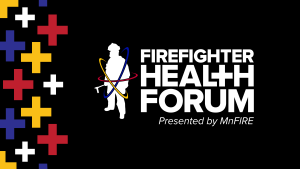Contributed by Nicholas E. Blonien, D.O.
Getting quality sleep at the firehouse or when you’re on call is tough. Anticipation of an emergency call overnight is like the fear you’ll miss your alarm clock for an early morning meeting. You never truly settle into a deep sleep.
When calls do arise, your “fight-or-flight” response is activated, sharpening your focus and priming your body to perform but it’s difficult to fall back asleep once the run is complete.
Many firehouses also have shared sleeping quarters, limiting the ability to personalize one’s sleep environment. Back at home, firefighters understandably prioritize family time and other personal obligations over resolving “sleep debt” accrued from a busy night on duty.
A lack of quality sleep (7-9 hours per night) can add up though and has been associated with performance deficits and increased risk of cardiometabolic disease, mental illness, cognitive decline, cancer and early death.
Powerful health benefits of sleep
Sleep is the most restorative and rejuvenating element of human life, yet many of us don’t prioritize it like other healthy habits. During sleep, the body clears waste products of metabolism and cellular function and builds neural networks in the brain that are responsible for learning and memory. Sleep replenishes our immune systems, balances our hormones and repairs our bodies.
There are two main physiologic processes that must be aligned for sleep to be restful: circadian rhythm and homeostatic sleep drive. Circadian rhythm is the body’s internal clock that regulates when bodily functions occur. This rhythm is roughly 24 hours and scheduled based on when the body receives external cues from the environment. Homeostatic sleep drive is the process responsible for feeling tired. Both processes are important in regulating our bodies for proper sleep needed for our overall health.
Tips for developing smarter sleep habits
For firefighters, nighttime calls are inevitable, and the firehouse is often a suboptimal sleep environment. Therefore, firefighters must do all they can to maximize sleep quality when possible. Below are some tips for firefighters to consider:
- Build a sleep sanctuary: The ideal sleep environment is cool, dark and quiet. If the firehouse has shared sleeping quarters, aim to set the temperature between 60-67° F. Avoiding screen use for two hours before bed is important. Fans and other generators of “white noise” may be helpful in creating a restful environment in an otherwise noisy firehouse. It also may be worth considering using light bulbs (red or dimmer) in sleeping quarters that are less stimulating to the eyes.
- Develop a bedtime routine: Create a bedtime routine. Common techniques to help calm the body and recruit the parasympathetic “rest and digest” system include warm showers, gentle stretching, meditation and structured breathing exercises.
- Keep a consistent sleep schedule: Try to maintain the same bedtime and wake-up time, even after a poor night of sleep. Routine changes can result in circadian phase shifting, making it harder to fall asleep at the desired bedtime. Aim for 7-8 hours of sleep per night. More than nine hours per night can be problematic unless you’re correcting for accrued sleep deprivation.
- Nap Strategically: Napping can improve daytime alertness and help resolve sleep debt, but you need to be strategic about it. Napping at the wrong time of day or for too long can compromise night-time sleep quality. A brief 20–30-minute nap in the early afternoon is best, when the body’s circadian rhythm yields a natural dip in arousal. A longer nap may be needed to resolve significant sleep debt.
- Stick to a planned eating schedule: Consider maintaining a calorie intake “window” of 10-12 hours, opening 1-2 hours after waking and closing 3-4 hours before bedtime. Digestion influences circadian rhythms. By minimizing late eating and eating during the same time each day, metabolism becomes more efficient and circadian rhythm becomes more consistent. This can help sleep quality.
- Exercise for better health and sleep: Exercising during the day will increase adenosine accumulation and ultimately sleep drive, making it easier to fall asleep at night. Avoid strenuous exercise during the 1-2 hours before bed, as exercise activates the sympathetic nervous system, which prevents/delays the relaxation required to fall asleep.
- Use substances smartly: Be careful with caffeine. Drink coffee and other caffeinated beverages before noon, if possible, and try not to exceed 400mg daily. Stay away from nicotine in evening since it activates sympathetic nervous system activity. Alcohol helps with sleep onset but profoundly disturbs REM sleep. Melatonin can be helpful and is best taken 1-2 hours prior to intended sleep time. Magnesium and creatine monohydrate may also be helpful, but you should talk to your doctor before starting new supplements.
- Consider using cognitive behavioral therapy. This is a type of psychotherapy has proven to help with insomnia. Free apps (Headspace, Buddhify, mindfulness-solution.com) are available to guide sessions. The Calm app is free to Minnesota firefighters through the MnFIRE Assistance Program, by signing on to liveandworkwell.com. If these are not working, engage with medical care and request to see a therapist.
Research has shown education, awareness and implementation of sleep programs in fire departments are effective in improving overall sleep quality. Departments that address fatigue and discuss ways to make sleep a priority at home promote a pro-sleep culture. To help set the tone, consider reading Dr. Walker’s book, “Why We Sleep”. It will reaffirm that quality sleep is a foundation of overall wellness and especially important for those in the fire service.
Support for firefighters across the state
MnFIRE offers professionally led training sessions on sleep, nutrition, fitness as well as occupational health risks including cancer, cardiac and emotional wellness. Click here to learn more and register your department for a no-cost training and help your team strive for more rest.








